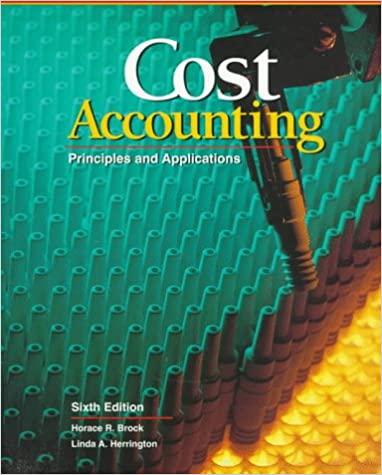Answered step by step
Verified Expert Solution
Question
1 Approved Answer
Apple Inc. CONSOLIDATED BALANCE SHEETS ( In millions, except number of shares, which are reflected in thousands, and par value ) Analysis of Liabilities Current
Apple Inc.
CONSOLIDATED BALANCE SHEETS
In millions, except number of shares, which are reflected in thousands, and par value Analysis of Liabilities
Current Liabilities:
In the most recent fiscal year, what is the company's largest current liability?
What current liability has increased the most since last year?
What current liability has decreased the most since last year?
Provide your answers in dollar amounts and percentages.
Payables:
Compute the accounts payable turnover ratio for the last two years.
Does the company report any notes payable?
If so is the interest rate on the notes payable reported in the footnotes?
What does the interest rate tell you about the risk of loaning funds to the company?
Contingent Liabilities:
Does the company report any contingent Liabilities on the balance sheet or in the
footnotes?
If so what does the way the company reports its contingent liabilities tell you about
management's beliefs about probable payment?
Working Capital:
What is the company's working capital for the last two years?
Any concerns?
Long Term Liabilities:
In the most recent fiscal year, what is the company's largest longterm liability? Provide
your answers in $ and
What longterm liability has increased the most since last year? Provide your answers in
$ and
What longterm liability has decreased the most since last year? Provide your answers
in $ and
Has the company issued any longterm debt, either bonds or notes? If so read the
footnote and list any unusual features eg callable, convertible, secured by specific
collateral
If the company issued any bond securities which may be referred to as "notes" in the
footnotes were they issued at par, a premium, or a discount? If they were issued at a
premium or discount, does the company use the straightline or effective interest
amortization method?
Ratio:
What does the debttoequity ratio measure in general?
a Compute the ratio for the company for the last three years?
b What do your results suggest about the company?
c If available, find the industry ratio for the most recent year, compare it to your
results, and discuss why you believe the company differs from the industry.
What does the times interest earned ratio measure in general?
a Compute the ratio for the company for the last three years. If interest expense is
not separately disclosed, you will not be able to compute the ratio. If so state
why you think it is not separately disclosed.
b What do your results suggest about the company?
c If available, find the industry ratio for the most recent year, compare it to your
results, and discuss why you believe the company differs from or is similar to the
industry ratio
All information given
Step by Step Solution
There are 3 Steps involved in it
Step: 1

Get Instant Access to Expert-Tailored Solutions
See step-by-step solutions with expert insights and AI powered tools for academic success
Step: 2

Step: 3

Ace Your Homework with AI
Get the answers you need in no time with our AI-driven, step-by-step assistance
Get Started


